Dr. Pham Van Gieng, Hanoi Pedagogical University 2, commented: Resolution No. 71/NQ-TW of the Politburo on breakthrough in education and training development was issued in the context of the country entering a new development stage, affirming that education is not only a key task but also a decisive issue for the future of the nation.
The outstanding new point compared to Resolution No. 29/NQ-TW and Conclusion No. 91/KL-TW is the shift from "fundamental and comprehensive innovation" to "strategic breakthrough", demonstrating strong political determination, directly linked to the goal of Vietnam becoming a developed, high-income country by 2045.
The Resolution clearly pointed out the harmony between universal and elite education , emphasizing for the first time the elite factor alongside universal. This is an important shift in thinking, placing university education in the role of training highly qualified and talented human resources, while general education takes on the task of training basic human resources.
At the same time, the Resolution opens up a "new space", education is closely linked with science - technology, market economy , international integration and digital transformation.
Regarding the goals, according to Dr. Pham Van Gieng, the Resolution makes a strong impression because of its specificity and verifiability. Vietnam sets the HDI, GII index, and the rate of 35% of students studying basic sciences - on par with advanced Asian education systems such as Korea and Singapore.
By 2030, strive to have 8 universities in the top 200 in Asia, 1 university in the top 100 in the world; by 2045, at least 5 schools in the top 100 universities in the world.
This is a visionary step, learning from the experiences of China, Korea, and Singapore when placing universities at the center of development strategy.
Regarding solutions, the Resolution proposes a series of breakthrough policies: removing institutional barriers, strongly decentralizing and decentralizing, granting comprehensive autonomy to educational institutions; increasing spending on higher education to at least 3% of total state budget expenditure, overcoming the prolonged lack of investment.
In particular, the special policy for teachers with a minimum allowance of 70% is an important step forward to attract and retain high-quality human resources. Along with that is the policy of training talents, nurturing the elite, considering this as the driving force for the country to make a breakthrough.
The resolution emphasizes the requirement to build a team of teachers and school facilities, arrange enough teachers, attract excellent students to study pedagogy, and build public housing for teachers.
Along with that, instead of focusing on reforming each aspect, Resolution No. 71/NQ-TW considers education as a vital issue, deciding the future of the nation, directly linked to the national strategic goals until 2045. This is a shift from corrective reform to a creative mindset and leading national development through education.
It can be said that the breakthrough in viewpoint in Resolution No. 71/NQ-TW is a change in strategic perspective: education not only provides knowledge but also creates the future; not only stops at the goal of fairness and universality but also nurtures the elite; not only improves within the internal scope but also expands to the space of comprehensive, integrated and sustainable development.
“Resolution No. 71/NQ-TW is considered one of the most groundbreaking documents ever in the field of education, paving the way for Vietnam to enter the group of developed countries.
The success of the Resolution depends on the consensus of the entire political system and society, in which the teaching staff continues to play a pioneering and decisive role in making education a key driving force for the development and longevity of the nation," said Dr. Pham Van Gieng.
For the Resolution to truly come into effect, it is necessary to quickly institutionalize policies on remuneration, finance, and autonomy, avoiding the gap between documents and practice; at the same time, build an effective monitoring mechanism, ensuring fairness and transparency in implementation. It is necessary to create a healthy educational ecosystem, connecting schools - businesses - society, and at the same time make substantial investments in teacher training colleges to attract good human resources.
Dr. Pham Van Gieng, Hanoi Pedagogical University 2
Source: https://giaoducthoidai.vn/giao-duc-chuyen-tu-doi-moi-can-ban-toan-dien-sang-phat-trien-dot-pha-post746091.html



![[Photo] Parade blocks pass through Hang Khay-Trang Tien during the preliminary rehearsal](https://vphoto.vietnam.vn/thumb/1200x675/vietnam/resource/IMAGE/2025/8/27/456962fff72d40269327ac1d01426969)
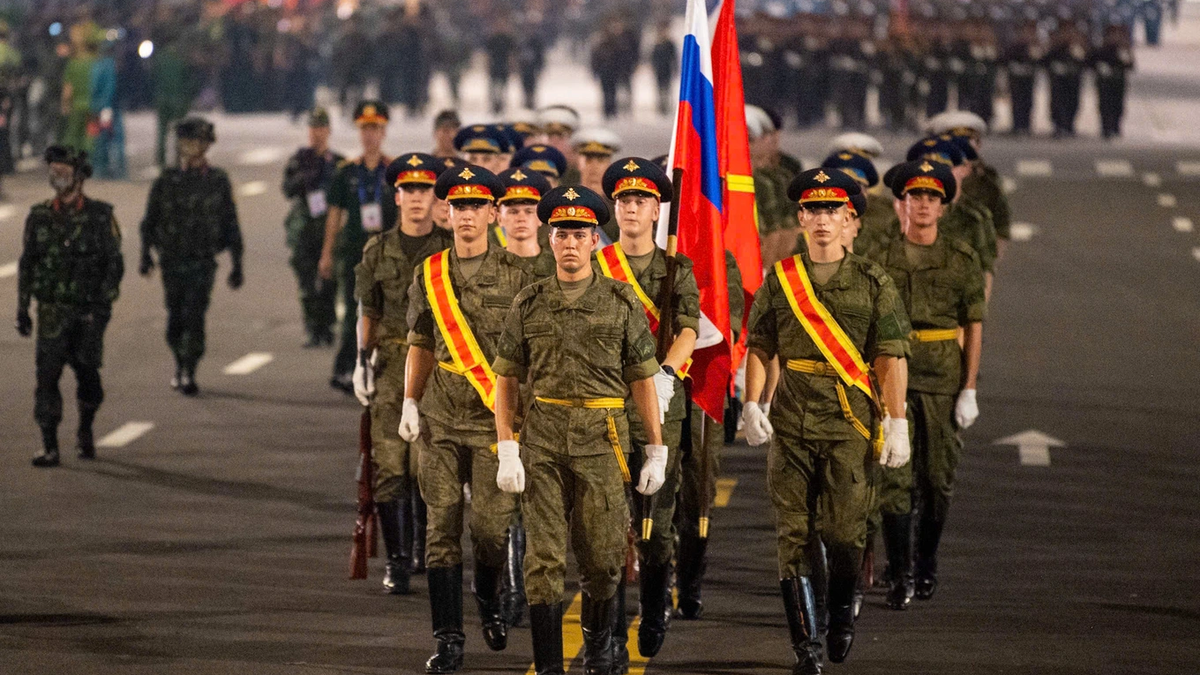
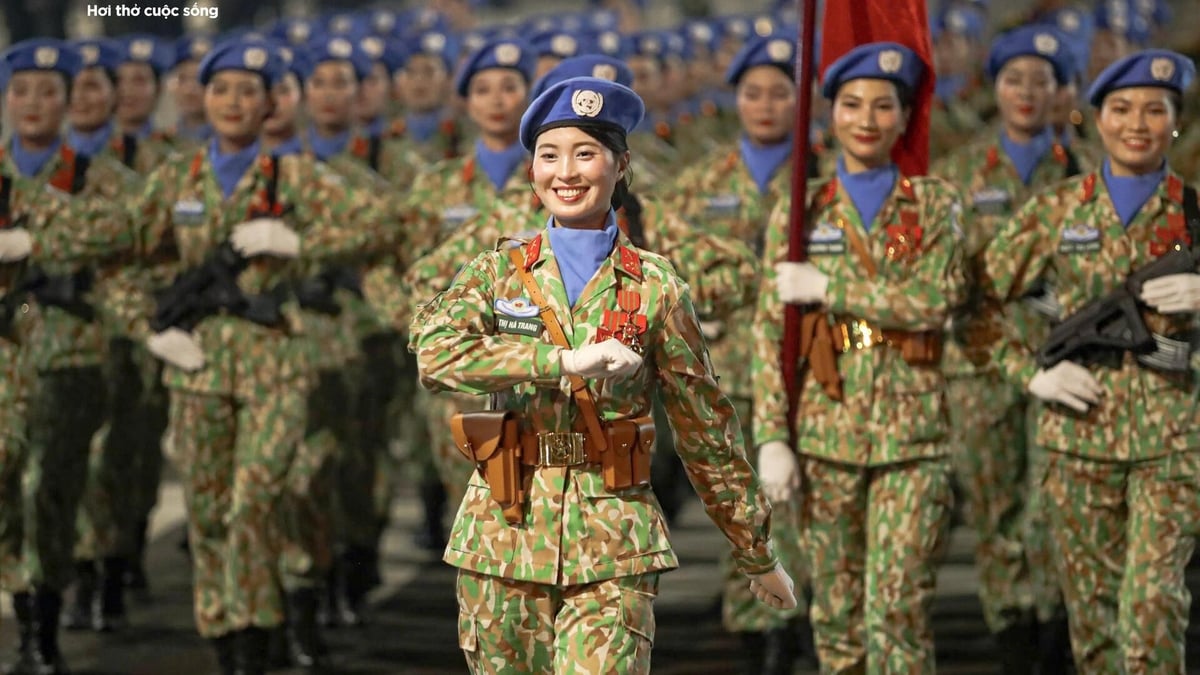
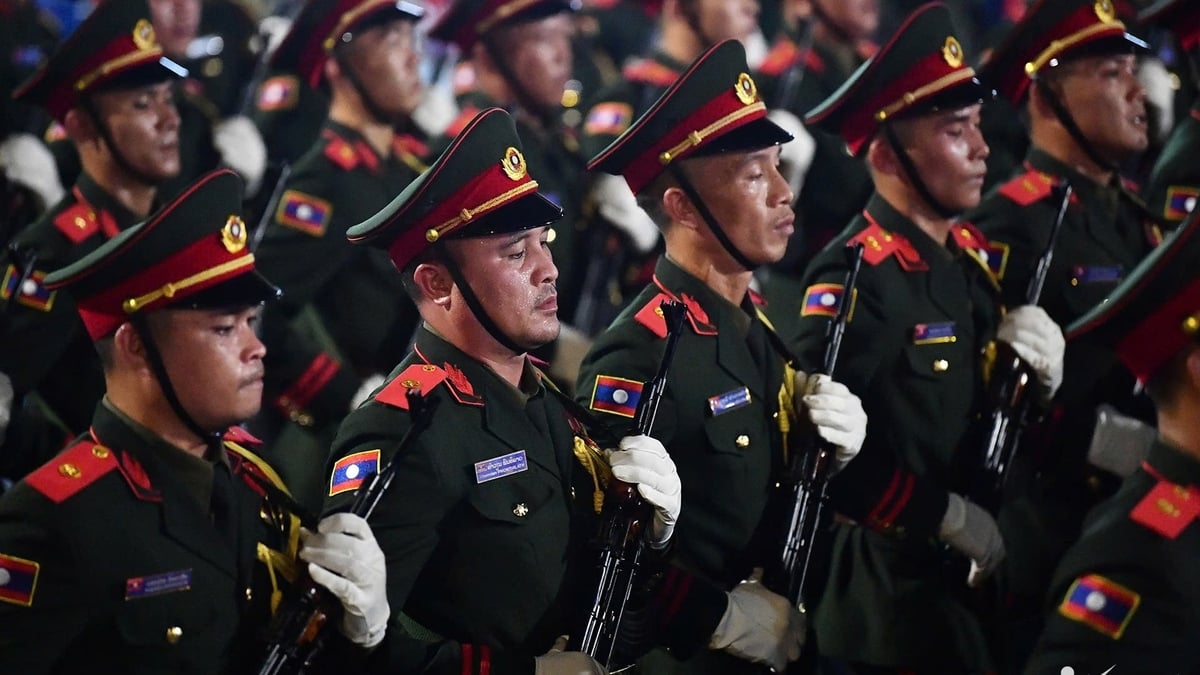
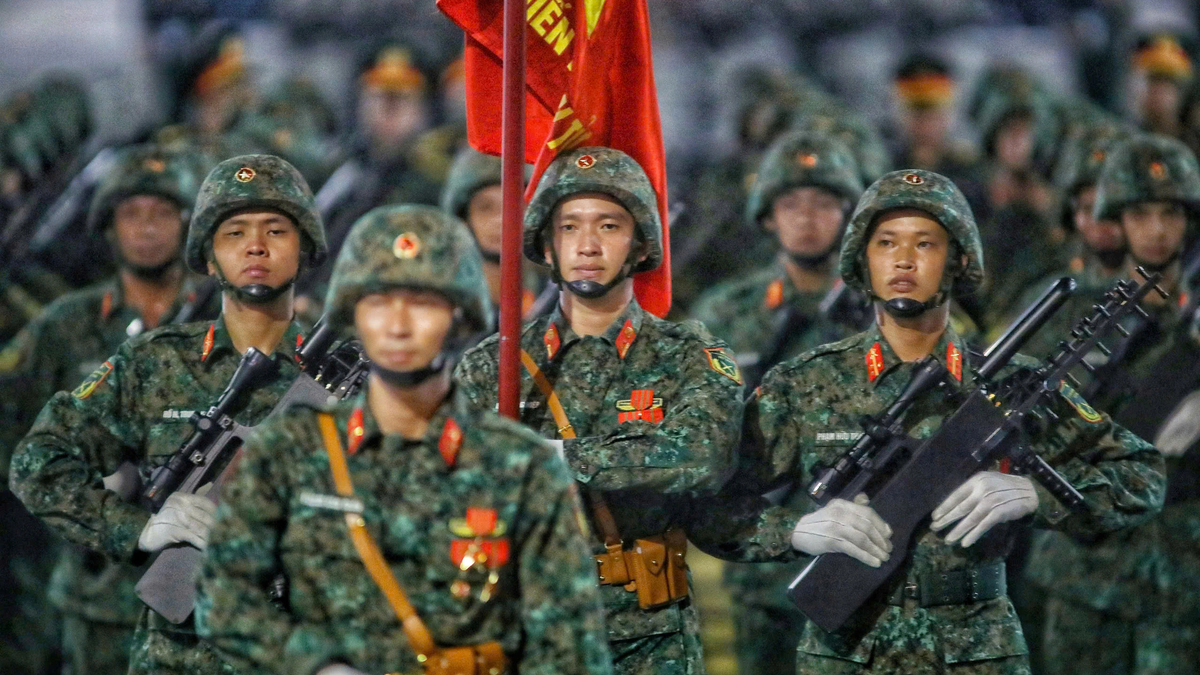
![[Photo] Images of the State-level preliminary rehearsal of the military parade at Ba Dinh Square](https://vphoto.vietnam.vn/thumb/1200x675/vietnam/resource/IMAGE/2025/8/27/807e4479c81f408ca16b916ba381b667)
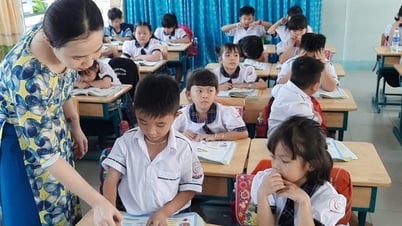

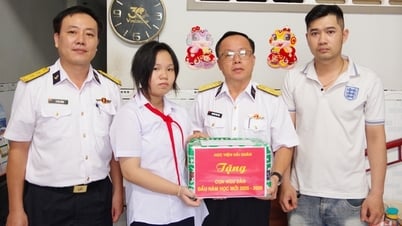


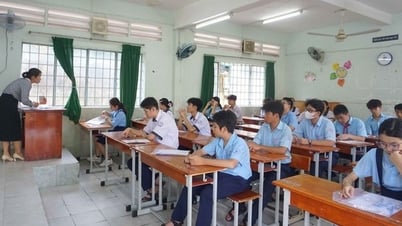
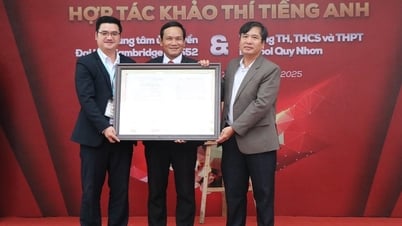

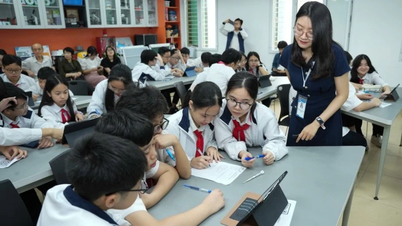




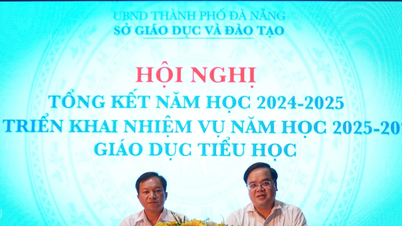
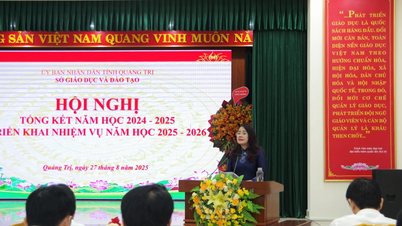
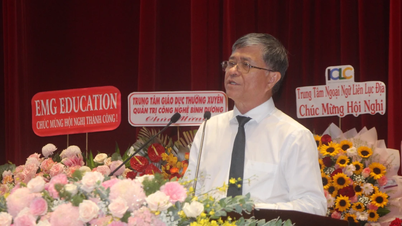
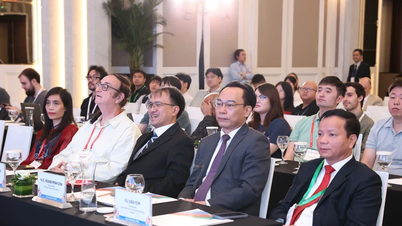
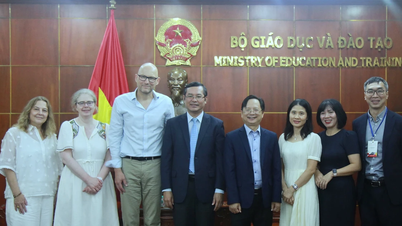
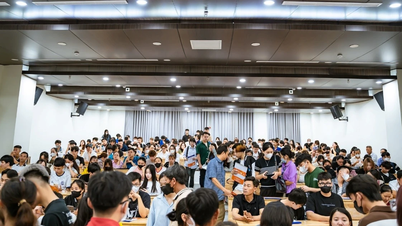




























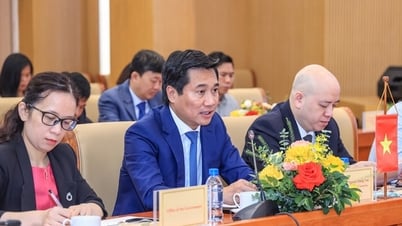

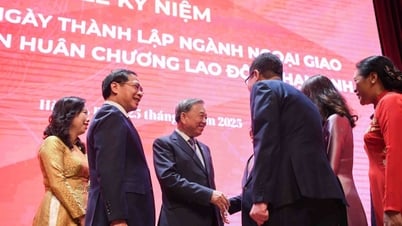

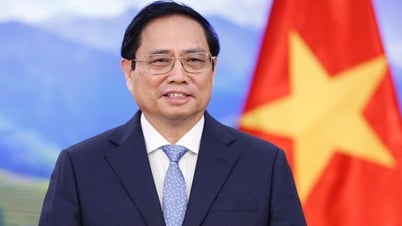



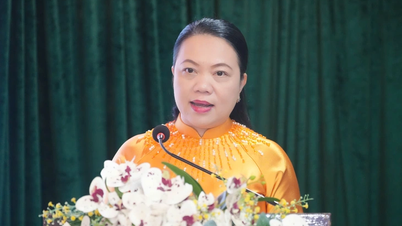
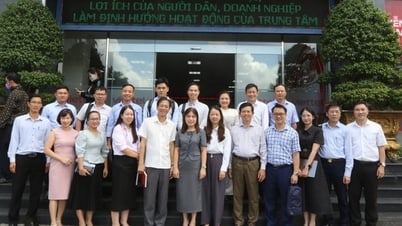



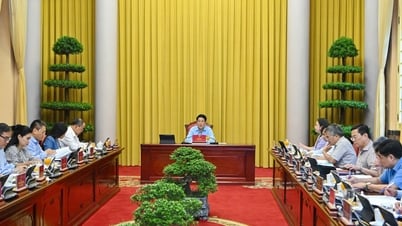

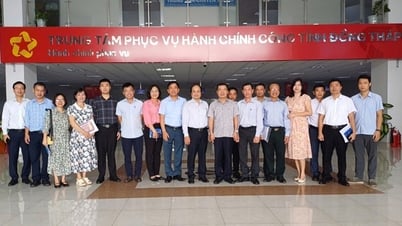
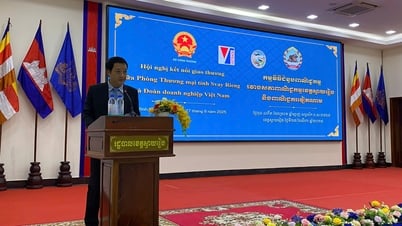
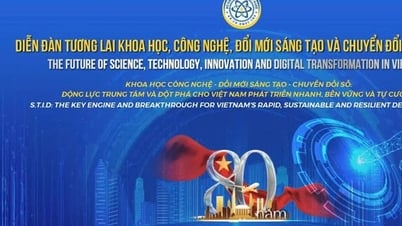
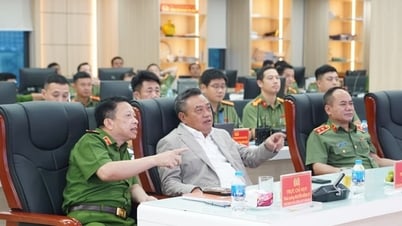

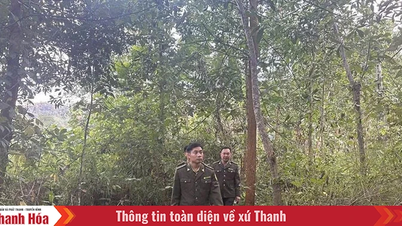

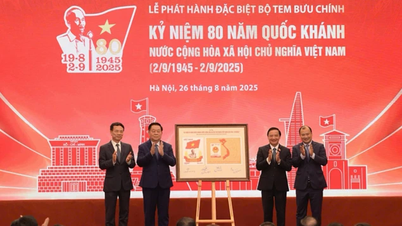

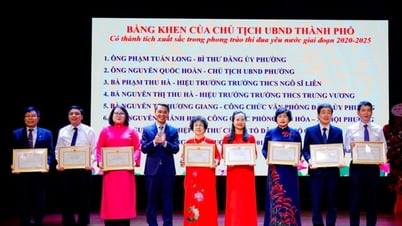


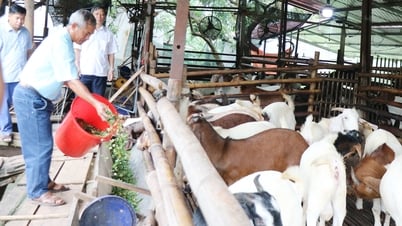















Comment (0)